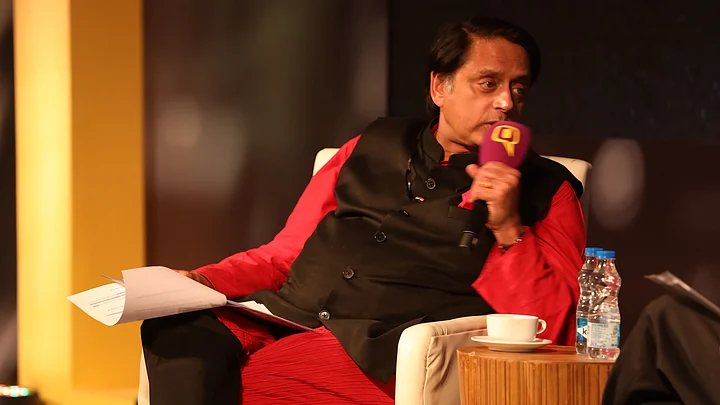There is no doubt that road traffic injuries can be prevented. Over the years, multiple countries like Australia, the Netherlands, etc. have made tremendous progress in making their roads safer. These countries took effective measures to make roads safer- establishing and enforcing laws requiring the use of seat-belts, helmets; mandating speed and drinking and driving limits; enhancing the safety features of roads and vehicles; and improving post-crash care for victims of road crashes. But most importantly, they educated their citizens, especially the youth on road safety. Here’s why this road safety education is needed in India as well.
Why road safety education in Indian youth is a must?
India is still struggling with increasing road deaths and injuries. We still lose nearly 1.5 lakh people from road accidents every year as per the Road Transport and Highways Ministry reports. As per the latest reports from the Government of India and the World Health Organization (WHO), road crashes are the number one cause of death for people in the age group of five to 29 years in India. This means that the most productive age-group in our country is getting snuffed out by road accidents.
While laws against over-speeding, non-usage of helmets and seat-belts already exist in India, data collected by Safer Roads for Gurugram during the period of 4 years (2016-2019) suggests that Indian youth is far from safe on the roads. The SRFG dashboard shows that the males between the age group of 20-29 of years are at high-risk on the road. While improving road infrastructure is needed, another action needed to reduce road traffic injuries among young people would be imparting road safety education to raise awareness.
What is India doing?
The Indian government has multiple ongoing public-private partnerships looking after the road safety education needs of the country. One such PPP is the Safer Roads for Gurugram initiative which brought together government, industry associations, academia, research, NGOs and corporates to tackle road safety in India with an initial focus on Gurugram. Under this initiative, United Nations Institute of Training and Research (UNITAR) developed an e-module in partnership with AB InBev. This was launched by Congress MP Shashi Tharoor at the Safer Roads for Safer Lives event organised by SRFG in association with The Quint on December 3.
The e-learning course aims to raise awareness and build capacity among the youth to be safer road user champions. It sheds light on the importance of road safety measures and provides core skill sets and knowledge on safer road behaviours. It also explores different ways to help combat road traffic injuries and death.
The 90-minute module has video-based interface which makes it interactive and engaging. The e-course comprises of three short self-paced interactive lessons having the following learning components:
· Interactive e-lessons and videos
· Flexible learning with the freedom to learn at your own pace
· Illustrative and application-based activities to improve learning
· Fun quizzes to measure learning
Designed specially keeping future and young drivers in the age group of 15-29 years, the course tries to raise awareness on the need for road safety measures. While doing so, it becomes easier for students as well as relevant authorities to understand the risk factors associated with road traffic crashes. This helps develop core skill sets and knowledge on safer road behaviours which can further aid in developing different ways to combat road traffic injuries and death. You can sign yourself up for the e-course here. And why not contribute towards making Indian roads safer? Share the link with your friends and family and ask them to participate to make Safer Roads for Safer Lives.
(At The Quint, we question everything. Play an active role in shaping our journalism by becoming a member today.)
